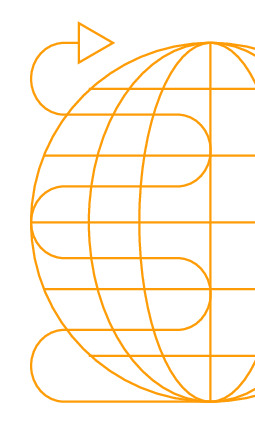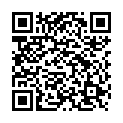|
|
|
| Module code: BITM-690 |
|
|
12P (12 hours per week) |
|
15 |
| Semester: 6 |
| Mandatory course: yes |
Language of instruction:
German/English/French/Spanish |
Assessment:
The practical training phase lasts at least 12 weeks. It is to be spent in non-German-speaking countries. Foreign students whose mother tongue is not German can also spend the practical trainng phase in Germany upon application.
Students must prepare a practical report on their activities during the practical training phase. This must be submitted to the practice consultant no later than 4 weeks after completion of the practical training phase. If the practical training phase is officially verified, the student is considered to have passed. Further details can be found in § 4 of the General Regulations for Bachelor´s and Master´s Programs (ASPO) and in Paragraph 1.6 of the ASPO Annex to the International Tourism Management Program. The presentation of the practical training phase is part of the colloquium BITM-692 and will be evaluated there.
[updated 17.09.2018]
|
BITM-690 (S440-0088) International Tourism-Management, Bachelor, ASPO 01.10.2013
, semester 6, mandatory course
BITM-690 (S440-0088) International Tourism-Management, Bachelor, ASPO 01.10.2015
, semester 6, mandatory course
BITM-690 (S440-0088) International Tourism-Management, Bachelor, ASPO 01.10.2017
, semester 6, mandatory course
BITM-690 (S440-0088) International Tourism-Management, Bachelor, ASPO 01.10.2020
, semester 6, mandatory course
|
180 class hours (= 135 clock hours) over a 15-week period.
The total student study time is 450 hours (equivalent to 15 ECTS credits).
There are therefore 315 hours available for class preparation and follow-up work and exam preparation.
|
Recommended prerequisites (modules):
None.
|
Recommended as prerequisite for:
|
Module coordinator:
Prof. Dr. Achim Schröder |
Lecturer: Prof. Dr. Achim Schröder
[updated 05.09.2011]
|
Learning outcomes:
The practical study phase is intended to give students the opportunity to put their theoretical knowledge into practice and to contribute to solving concrete problems.
[updated 21.03.2018]
|
Module content:
It is an integrated part of the course of study that is coordinated with the content of the course of study and supervised. As a rule, it must be carried out in a company or other professional institution. Students are to take on tasks in the supervising institution that correspond in content to the occupational profile of the degree they are aiming for.
[updated 17.09.2018]
|
Teaching methods/Media:
The practical training phase is a special academic achievement. It is intended to give students the opportunity to put their theoretical knowledge into practice and to contribute to solving concrete problems.
[updated 21.03.2018]
|
Recommended or required reading:
In addition to the basic literature from the individual modules, current company- and industry-specific literature is recommended.
- General study and examination regulations for Bachelor´s and Master´s programs (ASPO), in particular §4
- Annex ASPO of the International Tourism Management course, in particular Paragraph 1.6
[updated 17.09.2018]
|


